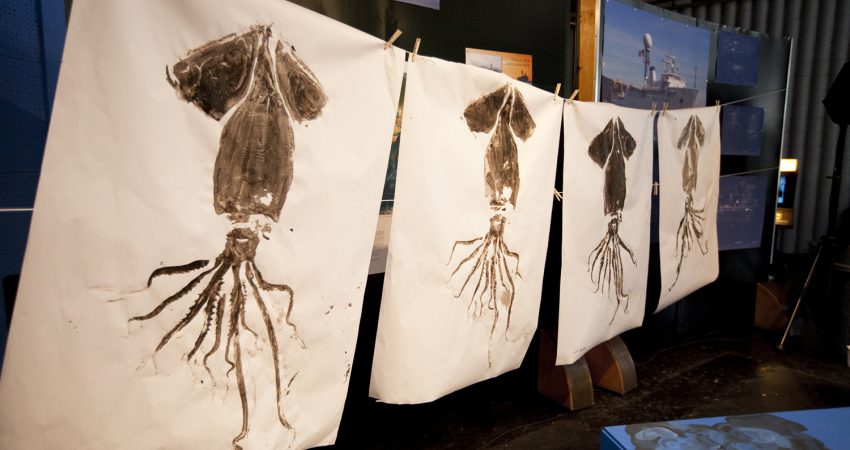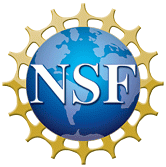
By Bronwyn Bevan - March 2011
PAPER CITATION
Barton, A. C., & Tan, E. (2010). 'It changed our lives': Activism, science, and greening the community. Canadian Journal of Science, Mathematics and Technology Education, 10(3), 207–222.
In this article, researchers report on the ways that middle school students positioned themselves as agents of change in their community by using the results of their research into local scientific phenomena and advocating for environmental reforms. The article explores activism—defined broadly as advocating for change—as a generative context for middle school children to take up the tools of science and to take on new "subject positions"/identities. This article might be of interest to ISE educators who are exploring how their programs can support the emergence of positive science learning identities in their youth participants.
In particular, this article addresses how students used their knowledge and understanding of science and its practical meaning in their communities to take on expert stances, how they used these expert stances to effect change in and for their communities, and how these developments supported their senses of selves. The article includes three brief narratives of three middle school girls involved in the afterschool program. In their own words, the girls show how their expert understandings were meaningful to them by allowing them to advocate and educate in their communities, specifically leading to the acquisition of a new green roof at their afterschool club building. The examples they provide include using research and evidence in making an argument; taking on a role of educator to engage adults with their concerns; and analyzing the problem from a community investment perspective. These new means of engagement, based on their understanding and use of science, allowed the girls to overcome traditional power relations that generally exclude children, and the communities they represent, from political discourse.
The authors note that the program successfully combined youth culture and concerns with canonical science and institutional level decision-making, allowing children to develop activist, positive science learning identities that spanned both their familiar youth culture and the culture of power.
See a related article that provides other forms of data and analysis of this same program: Barton, A. C., & Tan, E. (2010). "We be burnin!": Agency, identity, and science learning. Journal of the Learning Sciences, 19(2), 187–229.




